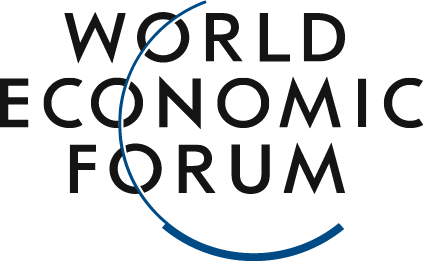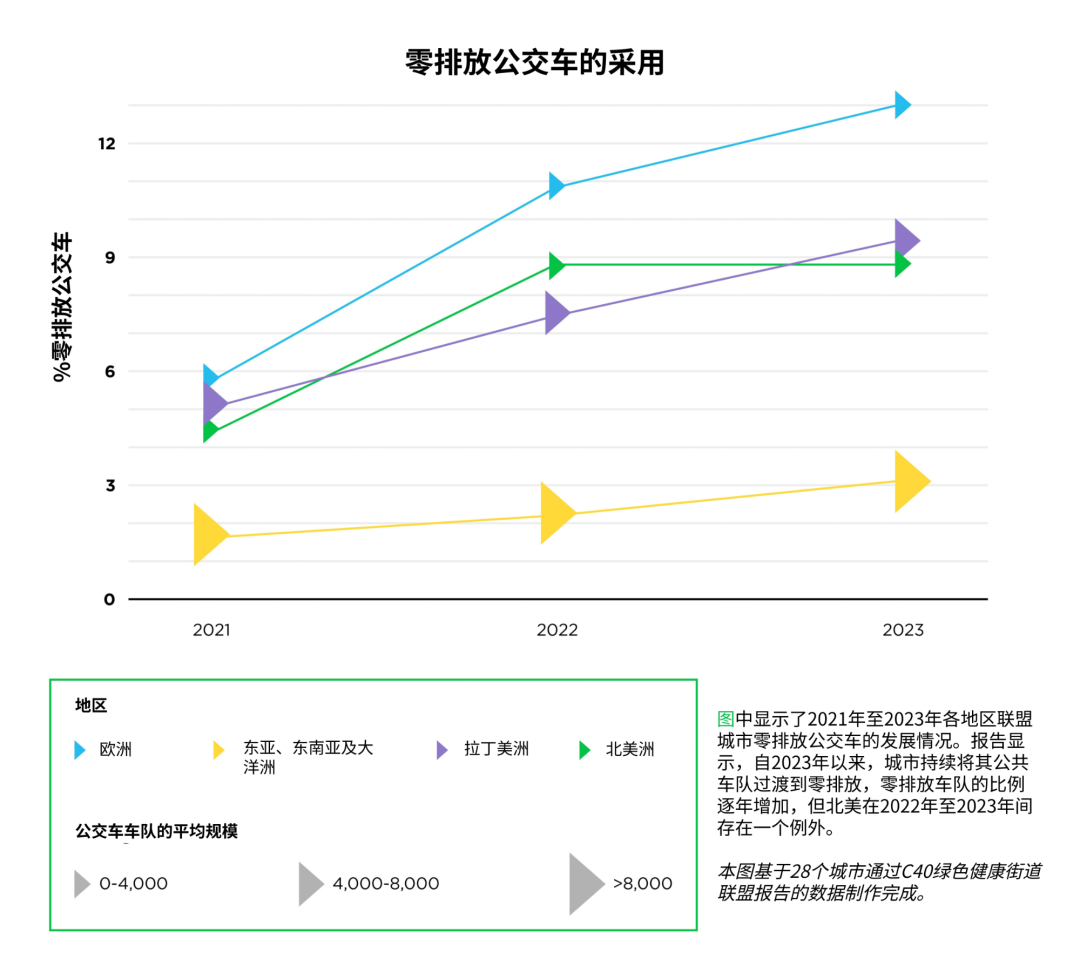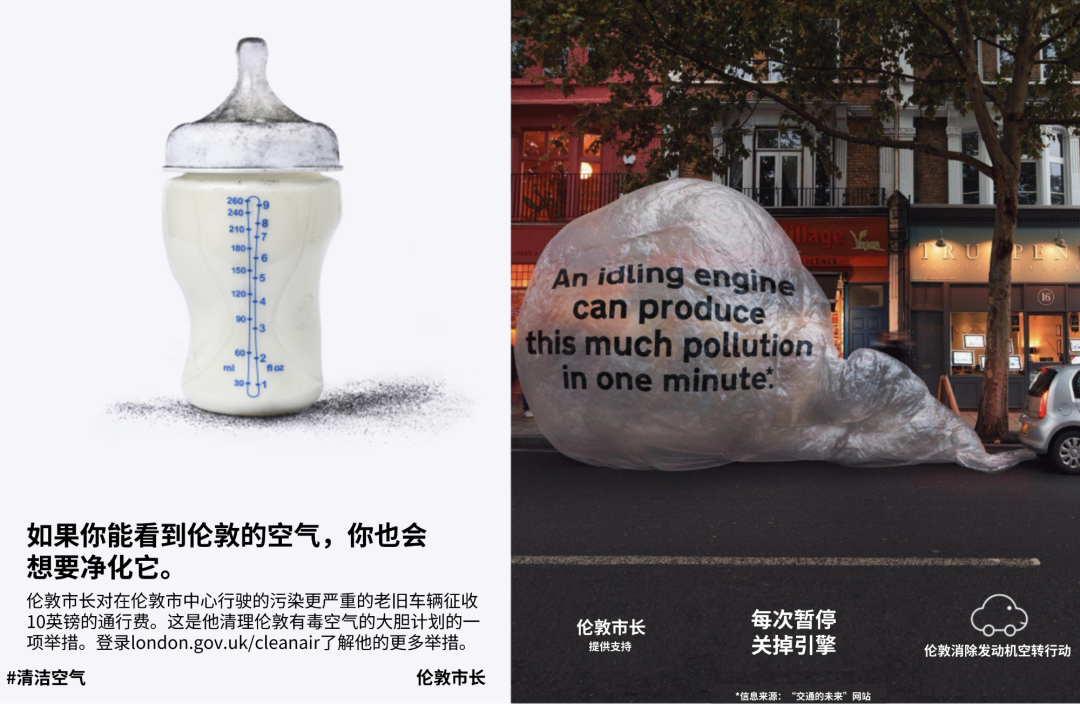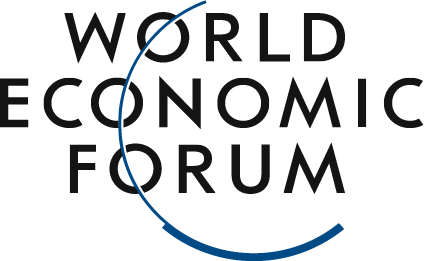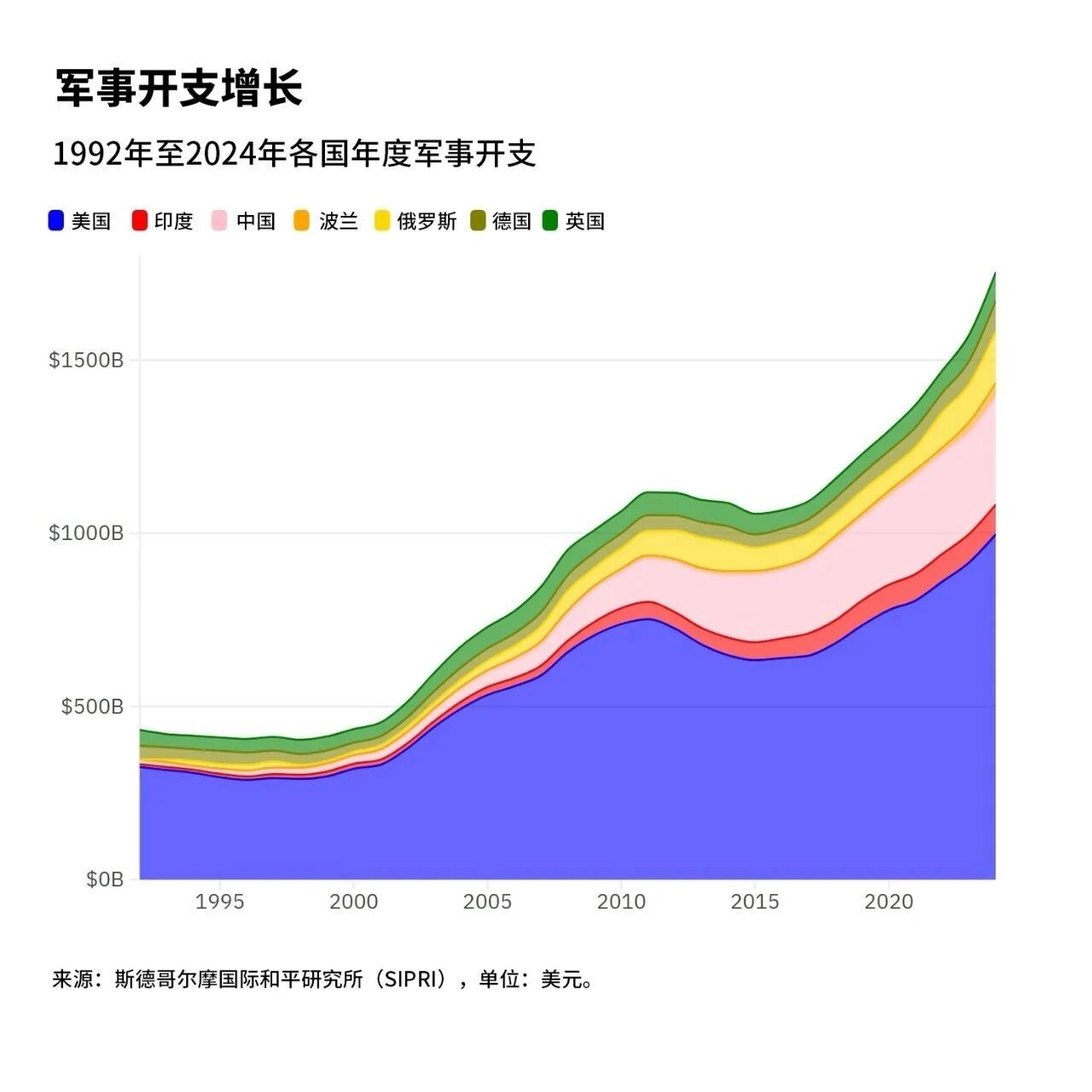Air pollution claims an average of 13 lives every minute. But now, cities around the world are taking meaningful action to reduce air pollution.
Image source:Reuters
Shirley Rodrigues
Deputy Mayor for Environment and Energy of the City of London, Co-Air Commissioner
Iyad Kheirbek
Director of the C40 Cities Climate Leadership Group’s Air Quality Program
Magdalena Młochowska
Lead Coordinator of "Green Warsaw" in Warsaw, Poland
Around the world, 13 people die every minute due to air pollution, with cities being the hardest-hit areas.
As urbanization accelerates, this issue is likely to become even more severe.
Now, cities around the globe are taking action to reduce air pollution, improve residents' health, and make our urban areas better places to live.
Globally, 13 people die every minute due to air pollution. Growing evidence continues to highlight the link between air pollution and adverse health effects. As urbanization accelerates and air quality deteriorates, addressing emission issues becomes critical to safeguarding public health.Cities around the world are increasingly taking action to tackle air pollution. Fifty cities participating in the C40 Cities Climate Leadership Group and 35 cities in the C40 Green Healthy Streets Alliance are committed to rolling out innovative strategies and bold initiatives aimed at cleaning up the air and safeguarding residents' well-being.Over the past five years, new initiatives to combat air pollution have continuously emerged—ranging from vehicle traffic restrictions and the electrification of public bus fleets to efforts aimed at cutting emissions from on-site building operations.From waste-reduction initiatives to supporting green public transportation, cities within the C40 network are tackling air pollution.,,20247(Strefy Czystego Transportu),7%,,,
Image source:C40
For instance, Dakar, Senegal, has repurposed a former waste incineration site, creating job opportunities for young people and significantly reducing air pollution caused by open-air burning. In Addis Ababa, Ethiopia, waste management is being expanded through composting and recycling initiatives, highlighting their critical role in curbing air pollution while fostering inclusive economic growth. Meanwhile, Accra, Ghana, is engaging local communities in developing community-based waste-sorting programs, and Tshwane, South Africa, has launched awareness campaigns about the health risks associated with tire-burning practices.Data contributes to reducing emissions.At the heart of these efforts is the dissemination of air quality data, enabling city officials to gain deep insights into pollution levels and their sources, while also providing residents with health-related information. Cities are leveraging innovative technologies to continuously expand their air-monitoring capabilities—deploying lower-cost sensors to enhance spatial coverage and pinpoint pollution hotspots.Among the 50 city members of the C40 Cities Climate Leadership Group, 35 are already using low-cost sensors in their air quality networks. Breathe London’s network of air quality sensors has also expanded significantly—from 136 monitoring points to over 400. Meanwhile, Jakarta, Indonesia, has added 14 lower-cost monitors to its reference stations, enabling comprehensive city-wide air quality data collection. In the Philippines, Quezon City has installed 21 new air monitors near sensitive locations and plans to expand the network even further.In September 2022, Warsaw launched a network expansion, adding 100 air quality monitors to its existing 8 reference stations, and also installed 57 additional sensors in 17 neighboring cities around Warsaw. Meanwhile, Nairobi, Kenya, expanded its own network by deploying 17 new air quality monitors, providing real-time data to the public.Despite ongoing efforts, raising awareness about air pollution sources and associated risks remains a challenge. Surveys conducted in cities around the world reveal that residents have varying levels of understanding regarding pollution sources and their impacts, underscoring the critical need for education. In Bogotá, while 92% of people consider air quality daily, many are unaware of the primary pollution sources—highlighting the importance of expanding public awareness initiatives and supporting informed decision-making. Meanwhile, London has launched innovative visual exhibitions aimed at boosting public consciousness and driving down emissions.Public campaign in London addressing air pollution risks.
Image source:The Mayor of London
Global cities are at the forefront of the fight against air pollution, calling for bold initiatives to safeguard their citizens' health. Leveraging regulation and innovative technologies, urban centers are deploying a variety of strategies to achieve cleaner air."Our Common Air," the newly established committee of the World Economic Forum, is dedicated to advancing global action on air pollution. It emphasizes the critical need to engage local climate and health leaders in this effort. As momentum builds, it’s essential that cities, national governments, advocates, and the private sector join forces to scale up these initiatives—ensuring that clean air becomes a tangible reality.The above content solely represents the author's personal views.This article is translated from the World Economic Forum's Agenda blog; the Chinese version is for reference purposes only.Feel free to share this in your WeChat Moments; please leave a comment below the post if you’d like to republish.
Translated by: Wu Yimeng | Edited by: Wang Can
The World Economic Forum is an independent and neutral platform dedicated to bringing together diverse perspectives to discuss critical global, regional, and industry-specific issues.
Follow us on Weibo, WeChat Video Channels, Douyin, and Xiaohongshu!
"World Economic Forum"
